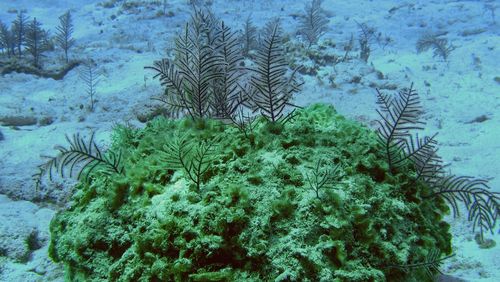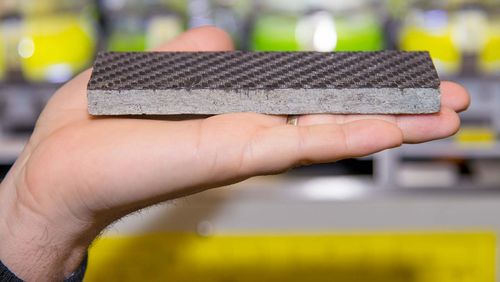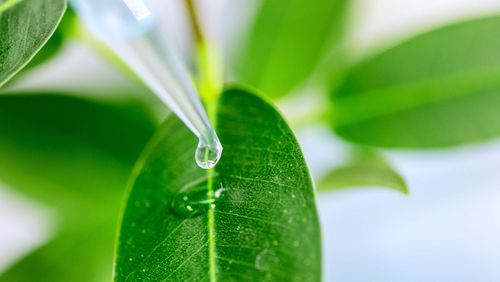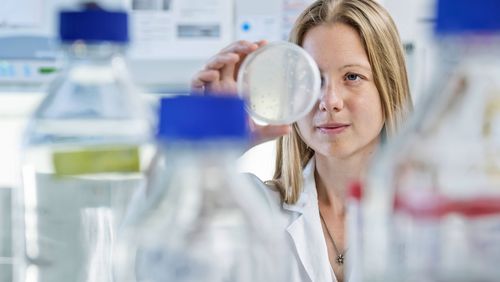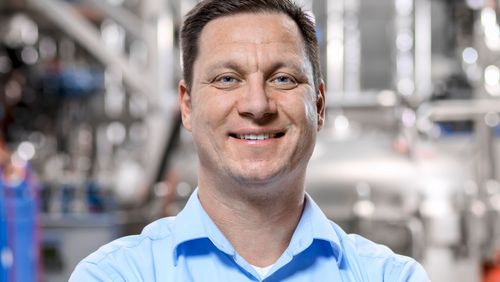
Copying nature
An antibiotic to cure tuberculosis, CO2-neutral carbon, a palm oil replacement – all produced by organisms that have been altered using biotechnological methods. The innovations are a product of a lab at the Technical University of Munich, which received a five-year grant from the Werner Siemens Foundation.
The team at the Synthetic Biotechnology lab are on the lookout for naturally arising organisms whose metabolic activities generate products with potential for human use: for instance, oleaginous (oil-producing) yeasts and algae. The Werner Siemens Foundation awarded a five-year grant for this innovative branch of research at the Technical University of Munich.
During the funding period, Werner Siemens Endowed Chair Thomas Brück and his team achieved several major successes. For instance, they discovered a naturally occurring agent produced by corals growing on reefs in the Bahamas that is capable of destroying multi-resistant tuberculosis bacteria. At their biotechnology lab in Munich, Brück and his team used E. coli bacteria to recreate the substance – a cost efficient, fast and sustainable solution.
Another innovation was made in the food industry: in a special procedure, the researchers succeeded in making an oil from old bread that could function as a substitute for palm oil. In another discovery they used algae to manufacture carbon, which could replace steel. And in yet another project, Brück and his team took crab shells and, in a complex process, transformed them into a plastic that could be used in medical devices such as dental or bone implants.
Facts and figures
Project
The Werner Siemens Foundation is financing the first professorship for synthetic biotechnology, located at the Technical University of Munich.
Support
Werner Siemens Foundation Endowed Chair for Synthetic Biotechnology, Prof. Dr Thomas Brück
New curriculum for students in master’s degree programs for industrial biotechnology, chemical engineering, as well as molecular biotechnology and biochemistry
Updating equipment: cutting-edge labs and renovated office space in the chemistry building of the Technical University of Munich, in Garching
Seed funding for the design of a research centre for schools where prospective students can discover the emerging field of synthetic biotechnology
Funding from the Werner Siemens Foundation
11.5 million euros
Project duration
2016–2021
Project leader
Prof. Dr Thomas Brück, Werner Siemens Foundation Endowed Chair for Synthetic Biotechnology at the Technical University of Munich
Partners from industry (selection)
Airbus, Siemens, Evonik, Clariant, Bionorica, Phytowelt, Fuchs, Klüber Lubrication, Audi, BBSI, Nautilus Biosciences (Canada), Apronex (Czechia)
Partners from academia (selection)
University of Prince Edward Island (Canada), University of Queensland (Australia), Energy Institute at the Johannes Kepler University Linz (Austria), University of Angers (France), Graz University of Technology (Austria), Freie Universität Berlin (Germany), Fraunhofer Department BioCat (Straubing, Germany), Max Planck Institut für Kohlenforschung (Mülheim an der Ruhr, Germany)
